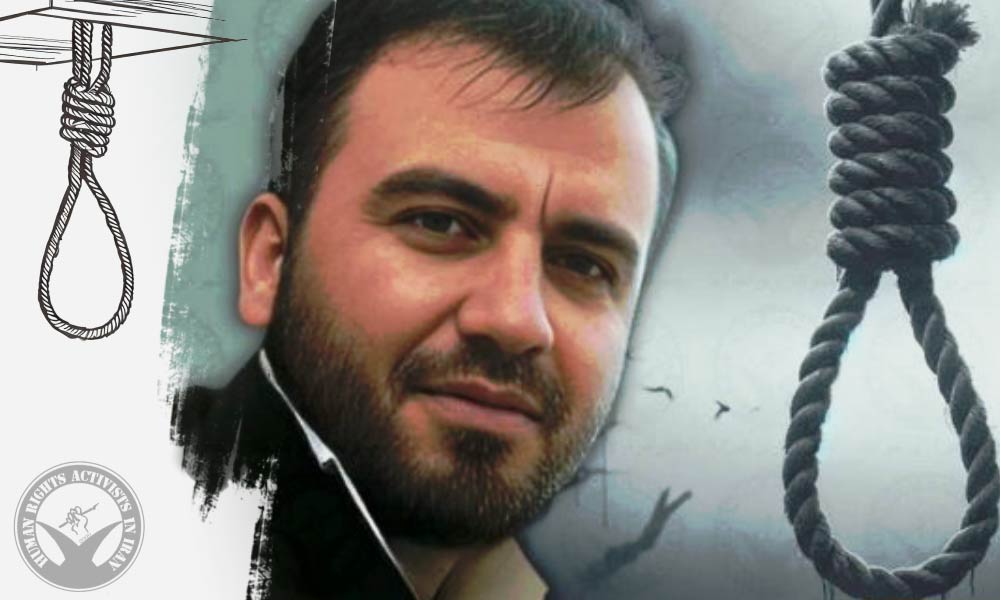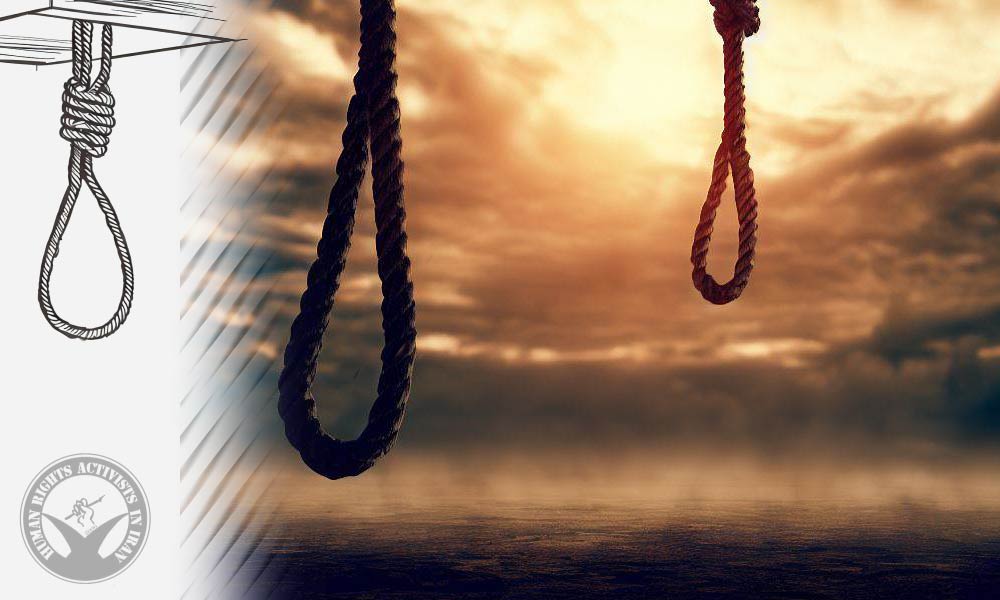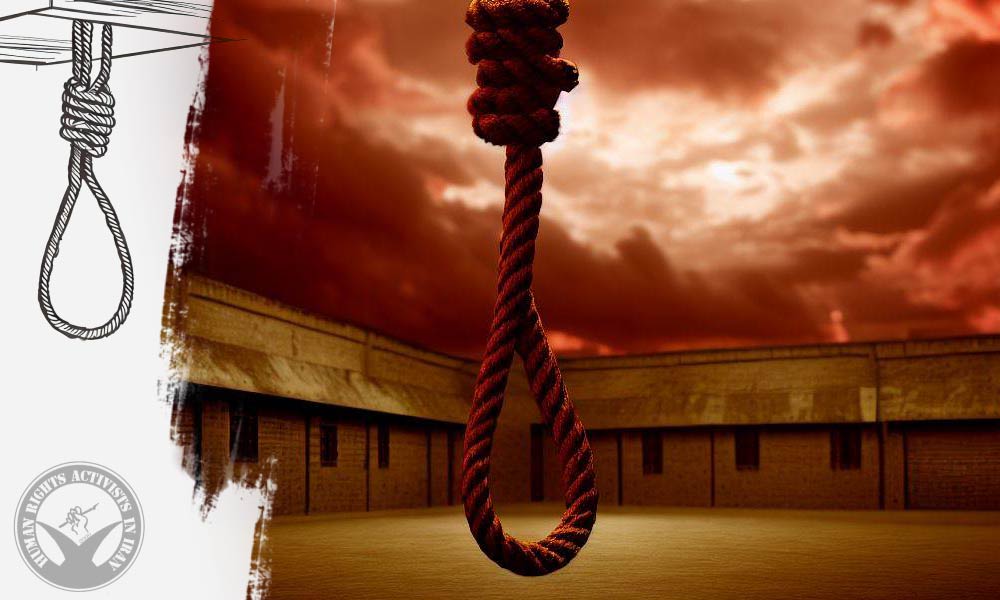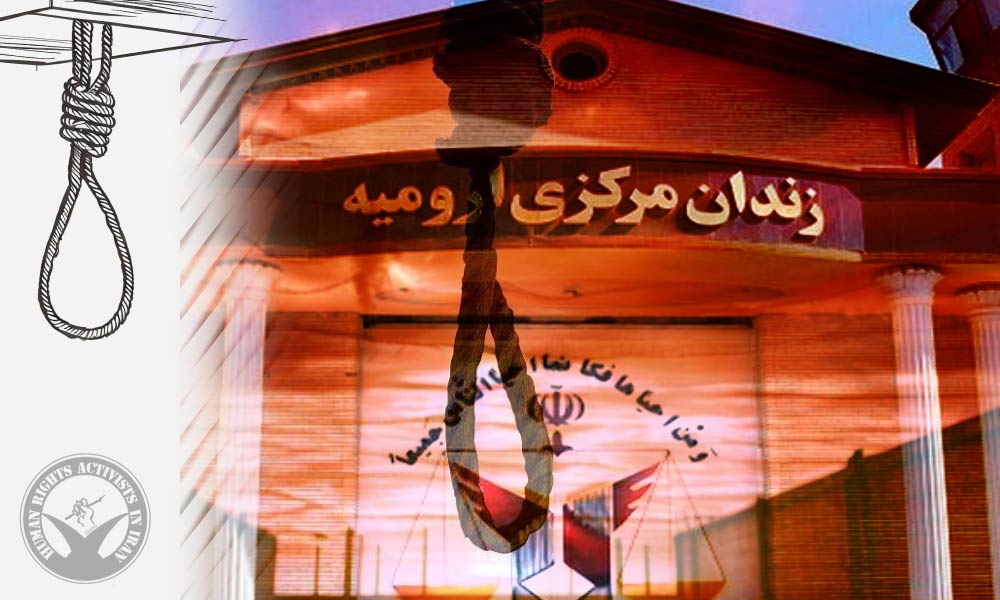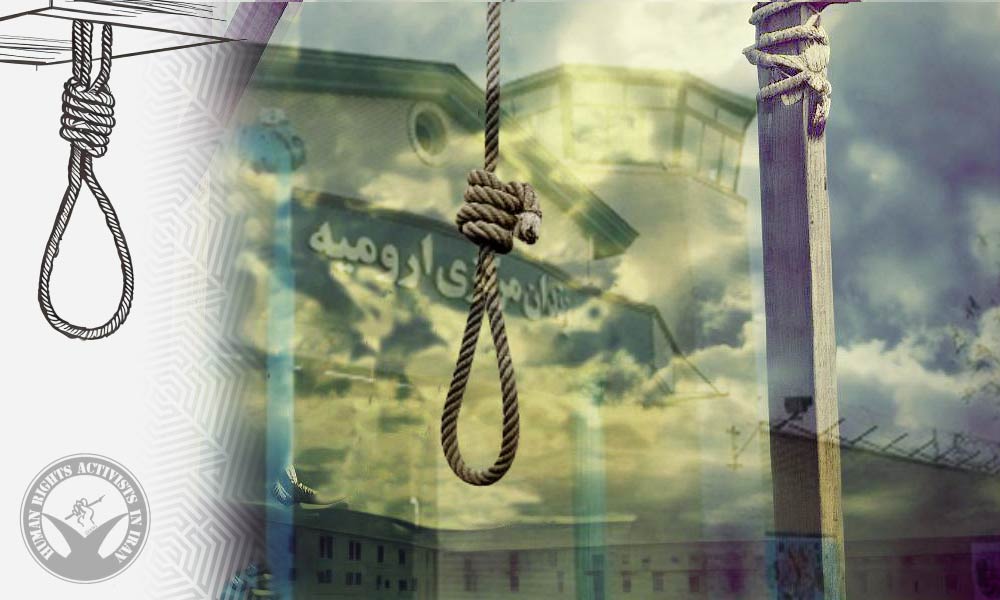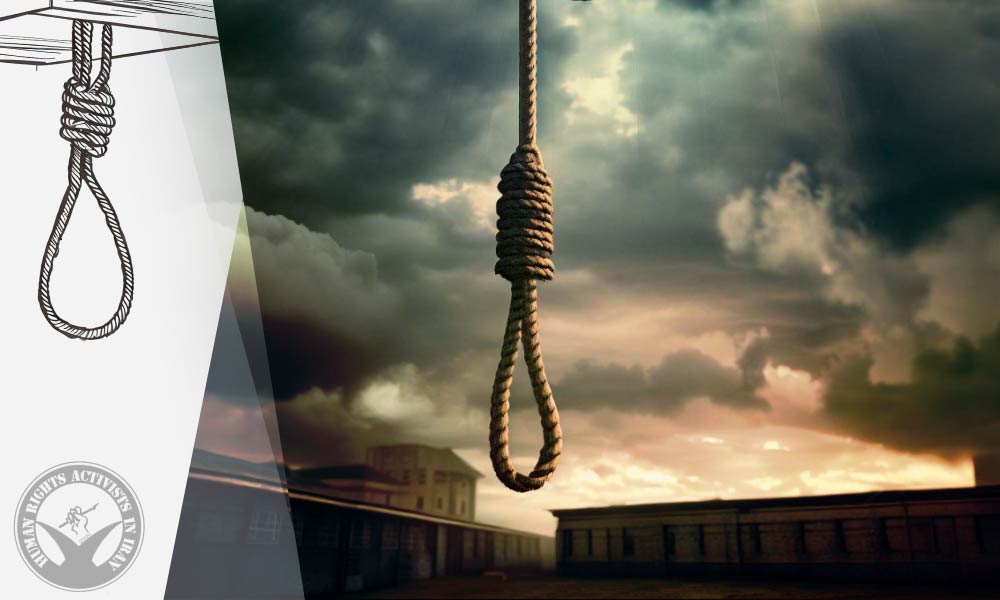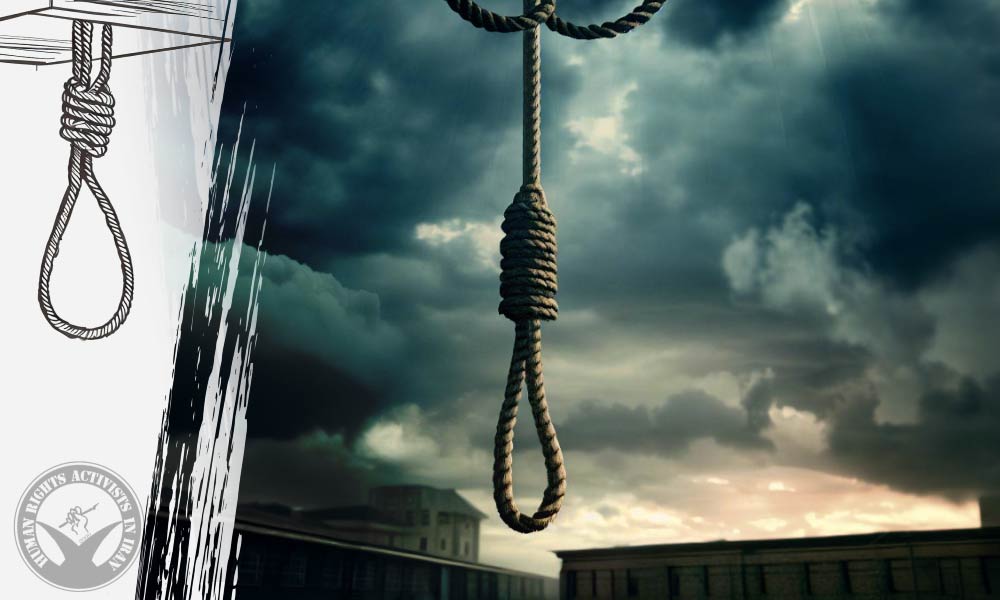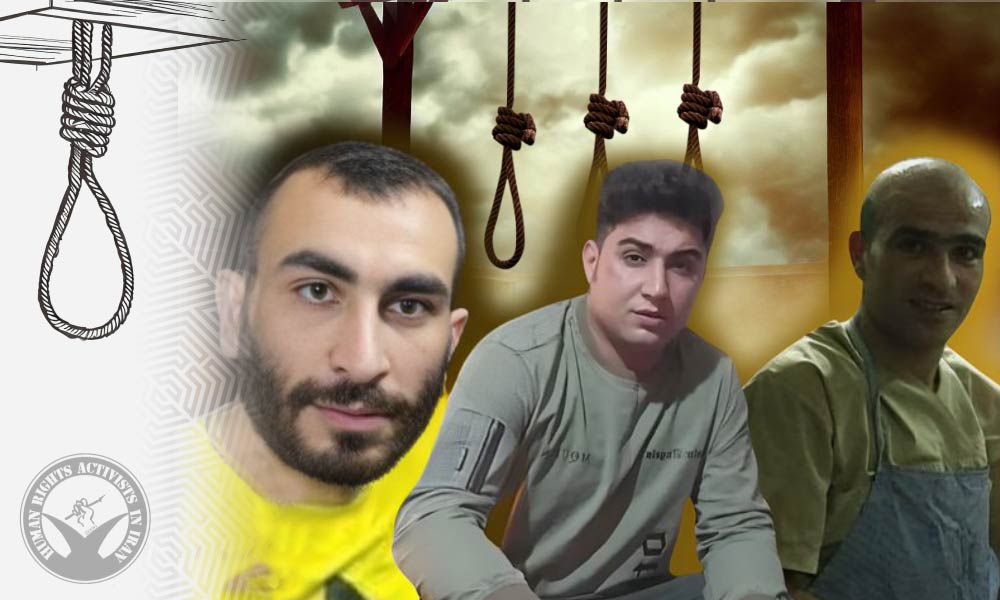The Revolutionary Court has recently handed down death sentences to four members of a political opposition party: Mohsen Mazloum, Pezhman (Pejman) Fatehi, Vafa Azarbar, and Hazhir (Hajir) Faramarzi.
Joanna Taimasi, Mazloum’s wife, expressed concern, stating, “The verdict was swiftly issued in a brief and opaque trial. The entire due process, from arrest to conviction, was shrouded in uncertainty, raising fears that the execution may follow a similar clandestine path.”
“These four individuals endured torture over the last 18 months, with a notable absence of media coverage and government accountability,” she added.
A family member of one of the accused informed HRANA that “the defendants were denied legal representation throughout the entire process, their rights consistently violated. Nonetheless, their families remain committed to seeking justice by appealing to the Supreme Court.”
The specific charges against these individuals remain undisclosed.
On July 23, 2022, Iran Police Intelligence (FARAJA) arrested them in the Sumay-ye Beradust District of Urmia County.
Security-institution-affiliated news agency, Tasnim, reported the arrest of “a network of Israeli spies,” referring to these individuals. Tasnim also claimed that they possessed operational and communication equipment, as well as explosive materials, and had crossed into the country from the Kurdistan region with the intention of carrying out unprecedented terrorist operations in secure-sensitive locations.
Approximately 80 days after their arrest, Iran’s state TV aired their coerced confessions, accusing them of spying for foreign intelligence and stating that they had been apprehended in sensitive sites in Isfahan.
In response, Komalah (CPI-a Kurdish oppositional political party) issued a statement denying all these allegations and warned about intelligence institutions’ conspiring against detainees who have been accused of being members of the party.




